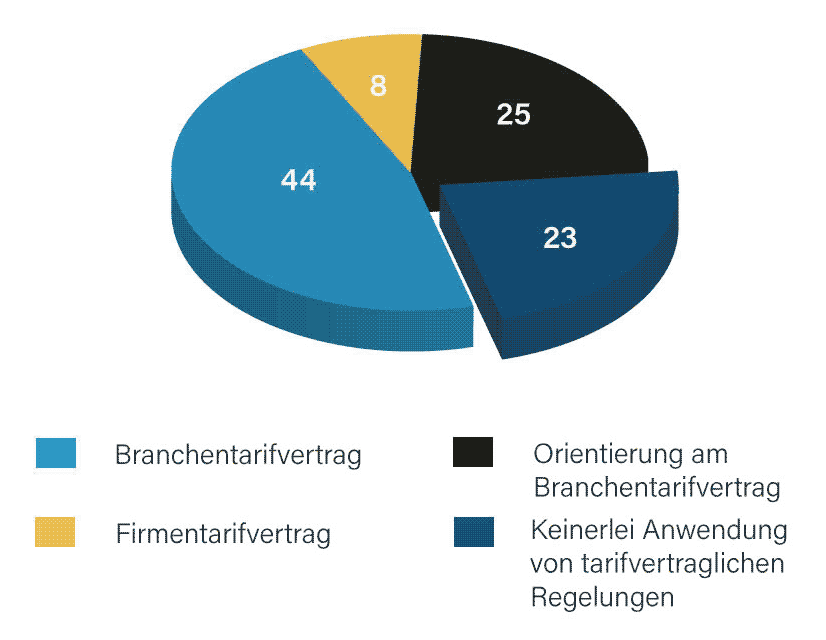Collective bargaining autonomy is indispensable for the social market economy.

©AdobeStock momius
It is a supporting pillar of the social market economy and a guarantor of social peace and prosperity in Germany. The BDA stands for the principle of collective bargaining autonomy and is committed to its modern development.
In Germany, working conditions are not only regulated by an individual employer with his employees in an employment contract. Employers and employers' associations, together with trade unions, regulate the working conditions for a large number of employment relationships, e.g. for an entire industry, in collective agreements (link to text Collective agreement). They act autonomously, i.e. without state influence. This collective bargaining autonomy of the collective bargaining partners is constitutionally protected as part of the freedom of association by Article 9 (3) of the Basic Law.
What does freedom of association mean?
Freedom of association is laid down in the Basic Law (Article 9 GG). Freedom of association is the right to form associations to safeguard and promote working and economic conditions. This means that entrepreneurs can form or join employers' associations. The same applies to employees, who also have the option to form or join trade unions. This is called "positive freedom of association". At the same time, both groups also have the right not to be members of such associations. This is called "negative freedom of association".Tariff autonomy - a success story
Collective bargaining autonomy has proven its worth in Germany over the decades. With around 78,000 valid collective agreements, the collective bargaining partners have created a differentiated system of industrial relations that reconciles corporate efficiency with the social participation of employees. The working conditions of more than ¾ of all employment relationships are directly or indirectly determined by collective agreements.
In recent years, moderate collective agreements have made a decisive contribution to improving Germany's competitiveness and to increasing employment in this country. The collective bargaining partners are in the best position to assess the respective economic situation in their sectors and companies and to agree on suitable regulations. Collective agreements can ensure that employees participate appropriately in economic success without overburdening companies with inappropriate working conditions and thus endangering jobs.
In addition to traditional collective bargaining issues such as pay (link to text on wage development) and working time (link to text on working time), the collective bargaining partners are constantly faced with new challenges. They have always proved that they can also provide answers to important socio-political changes. In recent years, for example, models for dealing with demographic change have been developed in numerous sectors. One of the current issues is how the collective bargaining partners can support companies in coping with the digital transformation of the world of work. The first collective agreements have already been concluded in this regard, which, for example, focus on new qualification requirements, introduce new working time models, or define processes with which the collective bargaining partners can identify and support changes at an early stage.
Collective bargaining autonomy instead of state wage fixing
Any form of state wage setting (link to text Minimum wage) interferes with collective bargaining autonomy and calls into question the motivation to organise voluntarily in trade unions and employers' associations in order to regulate minimum working conditions in collective agreements on their own responsibility. State intervention in wage determination in the form of statutory minimum wages - whether sectoral, regional, national or, as recently discussed by the trade unions and in part politically, at European level - leads to a permanent weakening of collective bargaining autonomy and our collective agreement system. Moreover, wage floors set by the state entail the risk that, in times of economic downturn, they will primarily be to the detriment of the weakest on the labour market.








